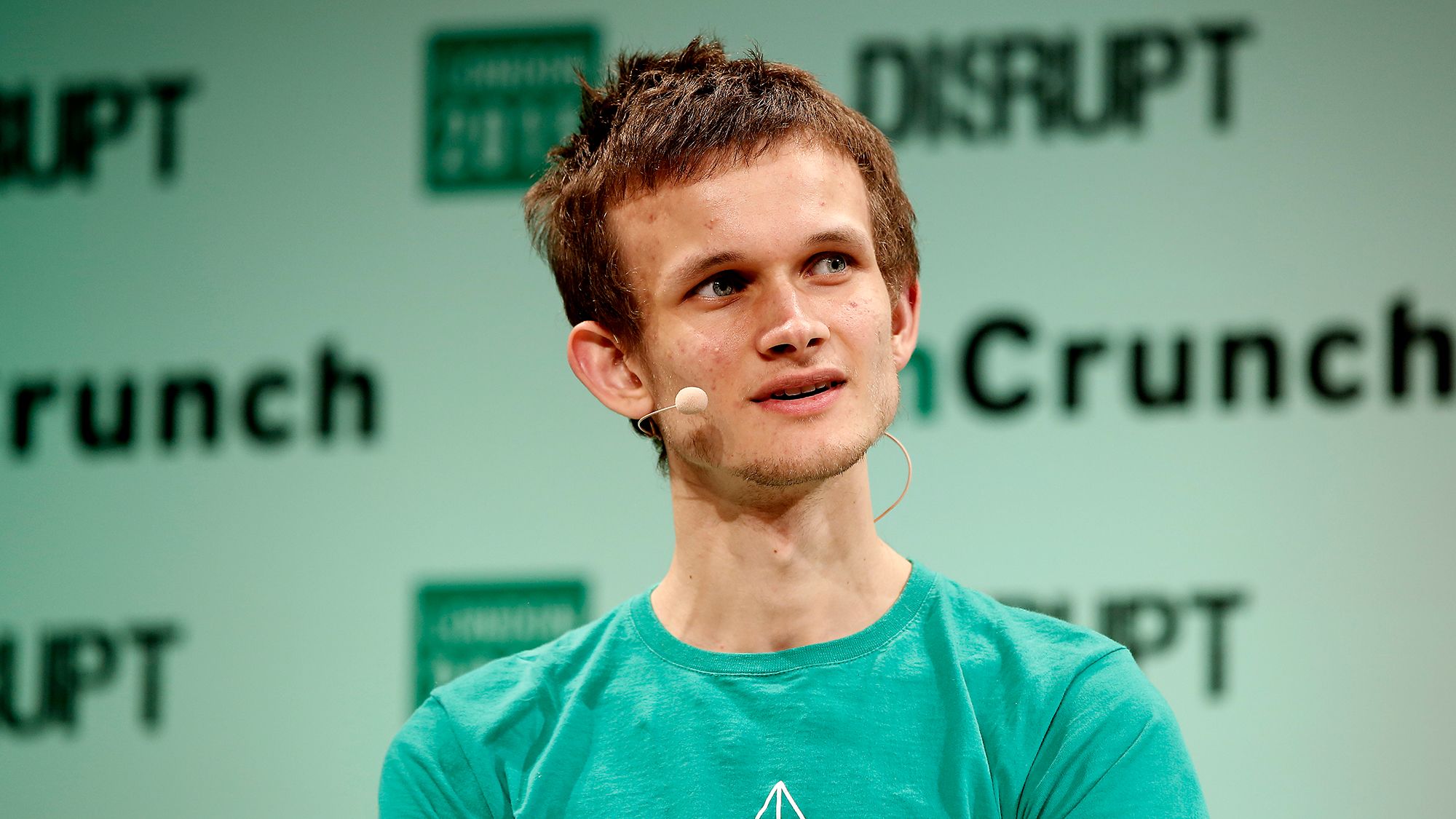Vitalik Buterin, one of Ethereum’s founders, has called for a resurgence of the “cypherpunk” ideals that were originally envisioned for the blockchain when it was in its infancy.
In a blog post on December 28th, Buterin lamented the shift towards financialization that Ethereum underwent in 2017, and expressed a desire to see the return of core cypherpunk values to the platform.
Ethereum was initially conceived as a “public decentralized shared hard drive” that could harness the power of peer-to-peer messaging and decentralized file storage.
However, as the platform evolved, it veered away from its original vision.
Buterin now seeks to reinvigorate Ethereum with principles such as decentralization, open participation, censorship resistance, and credible neutrality.
He remains optimistic that non-financial applications can thrive on the blockchain.
Buterin pointed out that technologies like rollups, zero-knowledge proofs, account abstraction, and second-generation privacy solutions have gained wider acceptance.
These innovations could serve to reinforce the cypherpunk values he champions.
The term “cypherpunk” refers to individuals who use encryption to safeguard their privacy when accessing computer networks, particularly in the face of government scrutiny.
Buterin also encouraged the adoption of activities aligned with cypherpunk ideals, such as participating in polls without revealing one’s identity and implementing mechanisms like quadratic voting and cross-tribal consensus to facilitate self-governance within organizations.
READ MORE: Bitcoin Price Faces Seasonal Headwinds: BTC Drops to $42,200
He acknowledged that there are instances within the crypto ecosystem where these values are not upheld, citing highly centralized layers with no plans for change and nonfungible token ecosystems stored on centralized websites instead of decentralized platforms like IPFS as examples.
Resisting these pressures is challenging, according to Buterin, but he warned that failing to do so could lead to the crypto ecosystem losing its unique value and becoming a replica of the existing web2 ecosystem, albeit with additional inefficiencies and complexities.
Despite these challenges, Buterin praised the industry for finding solutions to some of its most significant issues.
He highlighted how decentralized exchanges have addressed security concerns associated with centralized exchanges, and he noted the contributions of projects like Cowswap, Flashbots Protect, and MEV Blocker in mitigating the impact of sandwich attacks on Ethereum users.
To further enhance Ethereum’s efficiency, Buterin proposed reducing the number of signatures required from validators to maintain the network’s operation, aiming to make the Ethereum proof-of-stake chain lighter and simpler.
This proposal reflects his ongoing commitment to improving the Ethereum ecosystem in line with its original cypherpunk ethos.
Discover the Crypto Intelligence Blockchain Council




